[ad_1]
Captains of Zaatari is now available on Hulu, the first Arab film to be featured on the streaming service.
Sports has long been a topic of conversation that gathers enthusiasts of the industry in what then turns into heated debates between passionate fans.
Stadiums see roaring fans as television screens have attentive eyes glued to them for hours, awaiting the win of their favourite team.
Beyond the scores, the trophies and the jerseys, sports has an invisible player on the pitch—its role in promoting peace around the world.
This was successfully conveyed through the lens of Egyptian filmmaker Ali El Arabi in his award-winning film Captains of Zaatari.
Doha News virtually sat down with El Arabi on 7 April, the United Nations’ International Day of Sport for Development and Peace, where he shared details of his film.
“The film’s idea is based on how sports can create peace, how it can build up a dream out of a place, be it India, Egypt or a refugee camp.”
As a sports enthusiast himself, El Arabi was eager to show the aspect of the industry that often goes unnoticed by following the stories of Syrian refugees seeking shelter in the Zaatari Camp in Jordan.
The story was born after El Arabi met Mahmoud Dagher and Fawzi Katlesh, two refugees with a shared dream of becoming famous football players to break their isolation from the rest of the world.
“The dream that they both had is what made me follow them and see how sports enhanced their personalities and made them more preserved and gave them, along with the rest of the camp, energy,” said El Arabi.
‘Cinema is a Palestinian’s only weapon’: A review of Ajyal’s Audience Award winner, ‘200 Meters’
The two main subjects of the film were aged between 16-to-17 years at the time of the filming, which took seven years to make between 2013 and 2020.
The film follows the story of the two young men who try to make their dreams come to reality by participating in a Qatar-based programme led by Aspire Academy.
In Doha, the filmmaker received the assistance of Tariq Al Naama, Vice President of Aspire Zone Foundation and Mohammad Khalifa Al-Suwaidi, Acting CEO of Aspire Zone Foundation.
Sheikha Hessa Al Thani, Special envoy for the Arab League for Humanitarian Relief Affairs, also helped the filmmaker and his crew.
“They made it easier to receive filming access in Doha […] I always thank them and mention them in every awards ceremony, without them things would not have gone smoothly.”
On balancing emotions
Recounting the challenges that he encountered at the start of the filming process, El Arabi said that getting the people at the camp to open up to him was one that he faced.
“People who previously went to the camp would just ask some questions and use the people as numbers and leave[…] I went with my team and said I will stay for one year to build trust and a relationship with Mahmoud and Fawzi, and I did,” said El Arabi.
Memories in ruins: Syrians remember the Arab Spring 11 years on
Gradually, the filmmaker became part of the family as the mothers of Mahmoud and Fawzi started asking El Arabi to stop by for lunch.
“We have an important thing as humans, the closer we get to the people the safer they feel,” he said.
El Arabi and members of his crew would get arrested at various points because the police often confused them with the refugees, due to how close they were to one another.
According to the UN, there are 81,242 refugees at the Zaatari Camp, displaced by the war waged by the Bashar Al Assad regime.
With the emotional weight of the stories of each person living in the camp and as El Arabi formed an intimate relationship to the main characters, and in found himself in a challenging position having to balance his emotions and duty as a filmmaker.
In one scene where Fawzi’s father was crying upon receiving bad news, El Arabi had no other option but to drop his director’s slate aside.
“I felt that he needed someone to be with him and I ruined many scenes because I would enter the frame and hug people and try to find solutions,” he said.
A life coach has helped El Arabi along with the crew to balance their emotions throughout the entire filming process.
“A director would see everything around them with the aim of creating a successful film, but this one was difficult because as humans, we get emotional from the things happening around us,” he said.
However, El Arabi believes that the raw emotions felt by the crew and the characters played a major role in the film’s success.
“People can tell how much I loved them [the characters] and I’m still in touch with them. I was just on the phone with them for half an hour and I see that our relationship is what created the film, along with the professionalism.”
From refugees to ambassadors
Whilst the film’s plot has focused on Mahmoud and Fawzi’s journey to become football stars, their wish was granted outside of the camera lens.
When El Arabi, Mahmoud and Fawzi were called up to the stage to claim their award for the Best Feature Film at the 9th Ajyal Film Festival in Qatar, they were in for a much major surprise.
At that moment, Generation Amazing, a Doha-based entity that is part of the country’s organising body for the World Cup, named Mahmoud and Fawzi as part of the ambassadors of the major sporting event.
“I remember their feelings, Mahmoud told me they came [to Doha] as refugees and left as ambassadors. Fawzi did not say much, but he screamed in a way that expressed his feeling upon breaking his description as a refugee to something major,” recalled El Arabi, through his own goosebumps as he relived the moment.
To El Arabi, Mahmoud and Fawzi, the moment was also a reminder of the role of sports in promoting peace around the world.
“It was an important moment that made me feel the impact of the film. That I am not just a director, which is what I was afraid of. To be a director who wanted to create a film to say they are successful,” he said.
Two weeks before the interview, prominent Egyptian raper Wegz released the official music video for his song ‘B3oda Ya Belady’, featuring scenes from the film that did not end up in the final version
Wegz had reached out to El Arabi to watch the film, having resonated with the characters as he came from a similar social background.
“I asked him if he was going to create a song, and he said ‘let’s do it’. So he sent me an update and as you know rap spreads fast amongst our generation,” he said.
The video has reached over six million viewers and the song was used to market the film before its release.
“It was something that carried the message of the film,” said El Arabi.
The money that the song has generated and the cinema screenings of the film were directed towards refugees to further promote the main purpose of the film.
Captains of Zaatari is now available on Hulu, the first Arab film to be featured on the streaming service.
The role of sports in eradicating violence
The filmmaker himself has been involved in sports most of his life.
El Arabi was a world champion in wrestling for three consecutive years and has long been a football enthusiast. Like many people around the world, especially in Egypt, Egyptian footballer Mohamed Salah is El Arabi’s favorite player.
“I’ve seen many examples of sports [role in promoting peace] even with my own self. Sports made my life better, not just physically, but also the mental and behavioural aspects,” he said,
Born in a small village in Egypt, El Arabi dreamt of becoming a wrestler whilst growing up in an environment that he said made him more prone to becoming violent.
Being involved in world championships allowed him a sense of belonging in the world.
“Wrestling made me take a step back from this [violence], it gave me the chance to release my energy in another place and dream of becoming an athlete with sportsmanship,” said El Arabi.
Reflecting back on his early life, El Arabi stressed the importance of involving teenagers in sports to tackle much bigger issues that could contribute to more violence in the world.
“Every teenager wants to be part of the world, not just Mahmoud and Fawzi, not my past self. Sports makes teenagers part of the world and if there were no sports, it would be easy for any extremist entity to provide a weapon and make them release their energy,” he said.
El Arabi is currently in the US, working on a film about the role of wrestling in saving his relationship with his father, promoting values that he said cannot be taught at school.
Another film that El Arabi is currently working on focuses on the life of Ashish, a 23-year-old Indian man who dreams of working in Qatar and being part of the World Cup.
The idea was born out of an interaction he had with an Indian worker who had stopped him in Doha for a photo, thinking he was a football player. The worker was later disappointed to find out that El Arabi was not a football player.
“He wanted to send the picture to his mother and partner in India and I was meeting up with football players, so I took him to meet them. He then started talking to me about his dream to watch the World Cup and be part of the event,” said El Arabi.
The Egyptian filmmaker later met Ashish, a super fan who loves Lionel Messi, in India whilst preparing for a Netflix project. His encounter reminded him of the worker he had met in Qatar.
“We would be seeing the World Cup from the point of view of a worker who came to work in Qatar,” said El Arabi, adding that Ashish is going to be in Doha soon.
“I don’t know what would later happen in Ashish’s life. Is he going to be amongst the super fans? Or how his responsibilities towards the World Cup would change,” he explained.
Throughout his projects, El Arabi reflects parts of identity through his lens, promoting the unseen side of sports.
“Sports is something that is super important to us, for fans, for players, for everyone. A world without sports would be super tough. I hope that sports become part of the change in the world for the better,” he said.
[ad_2]
Source link


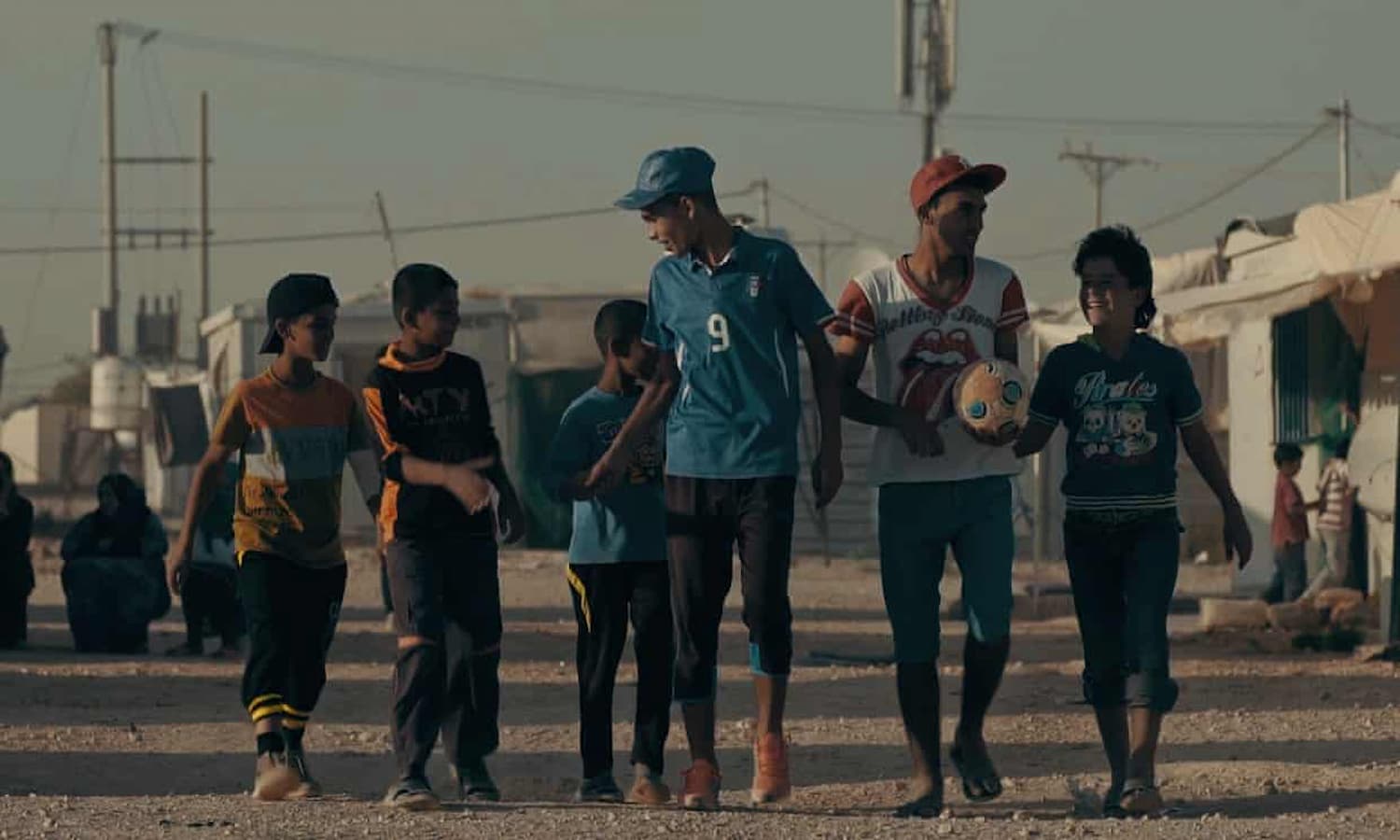
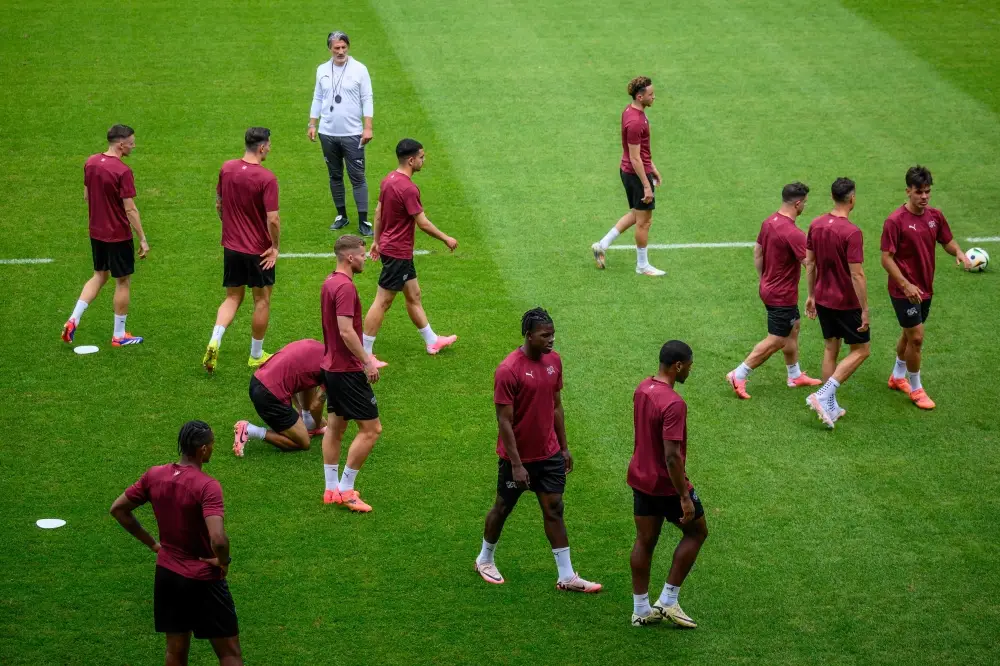
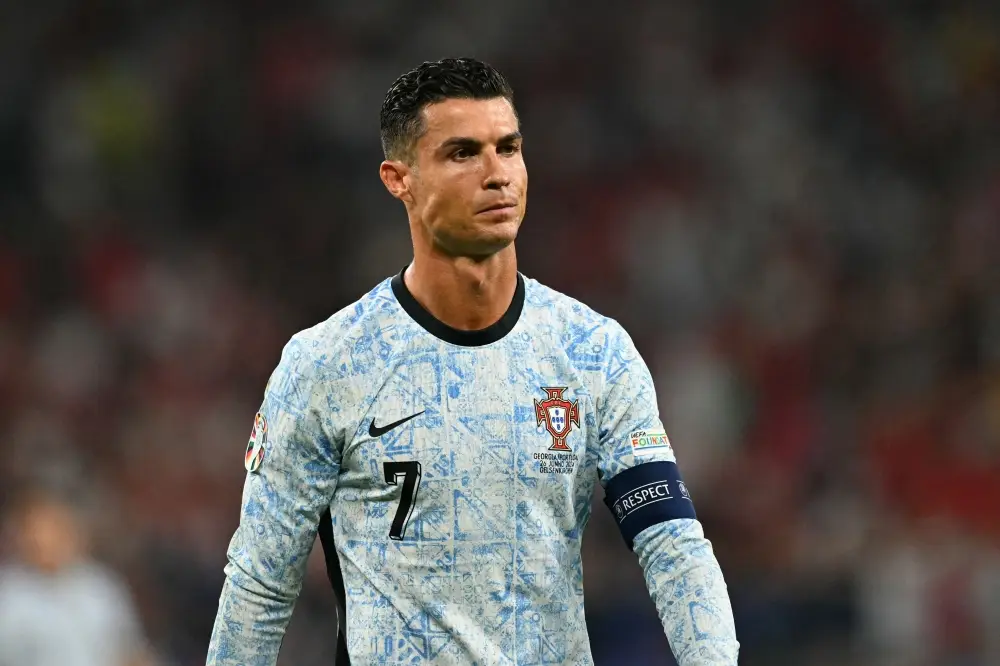
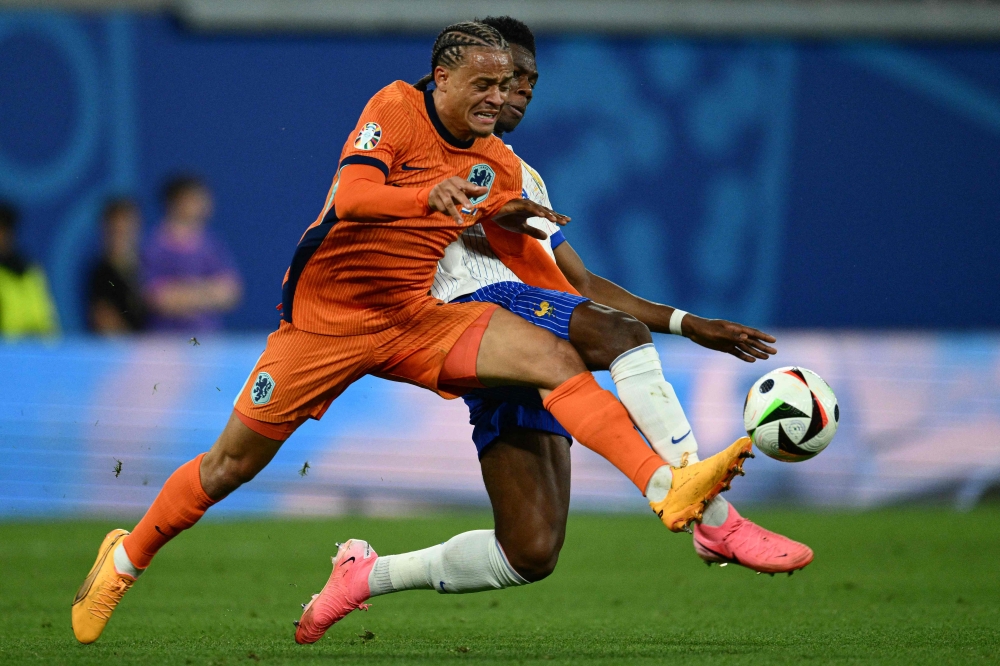
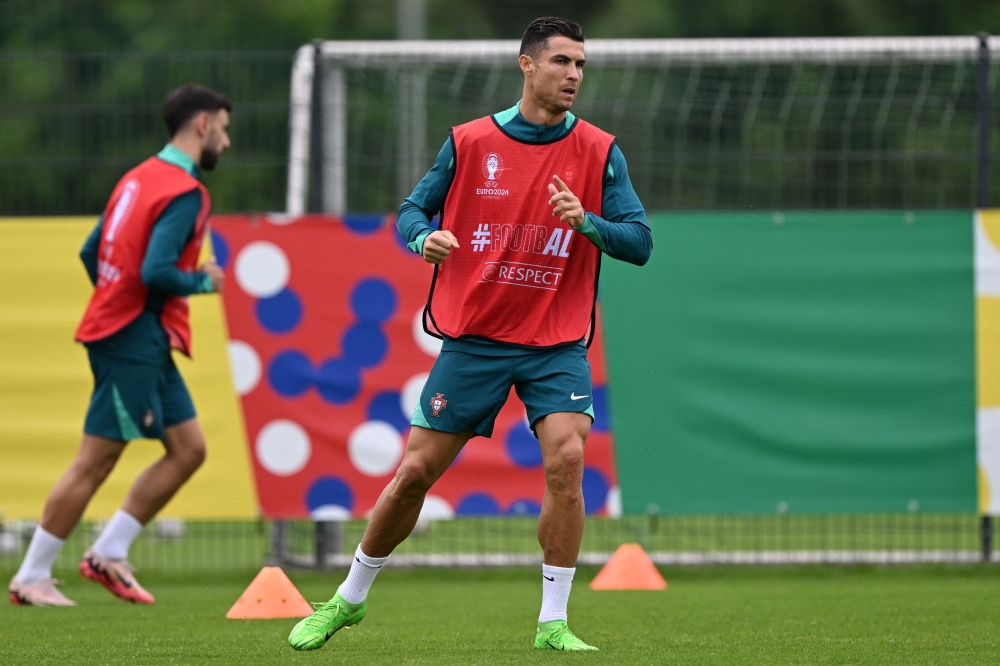
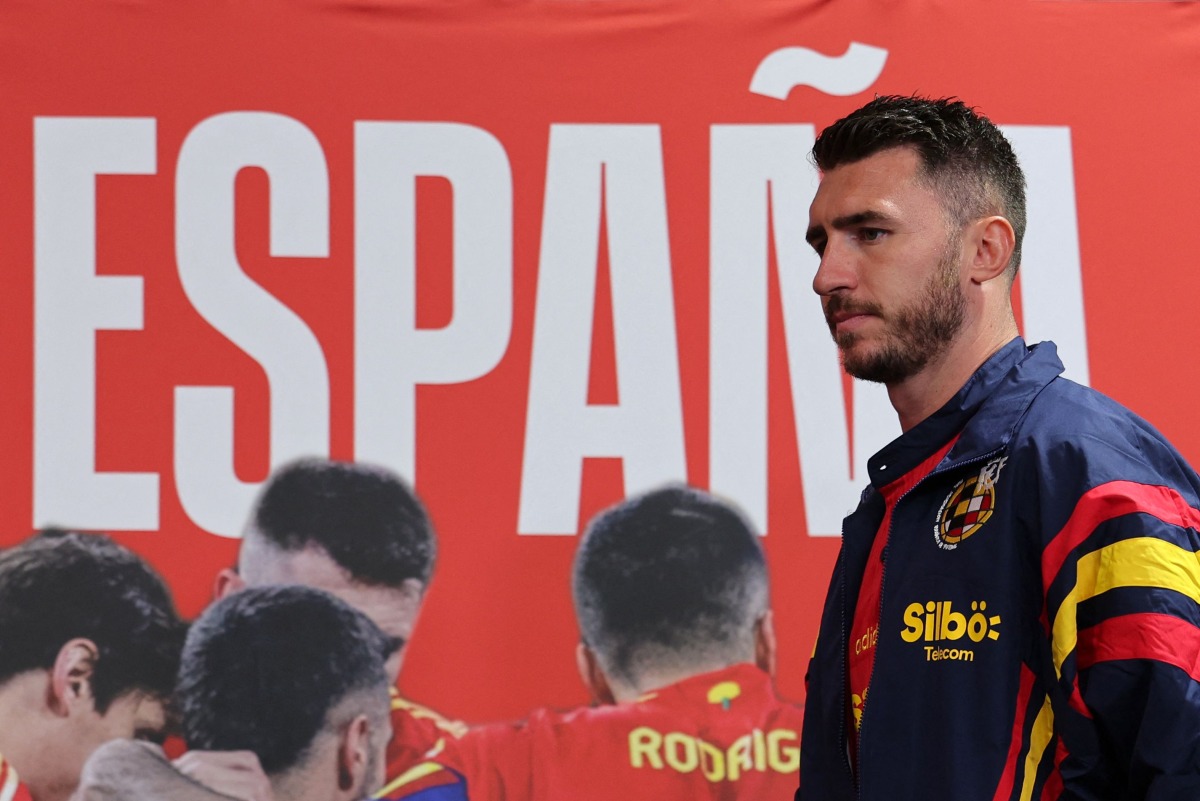

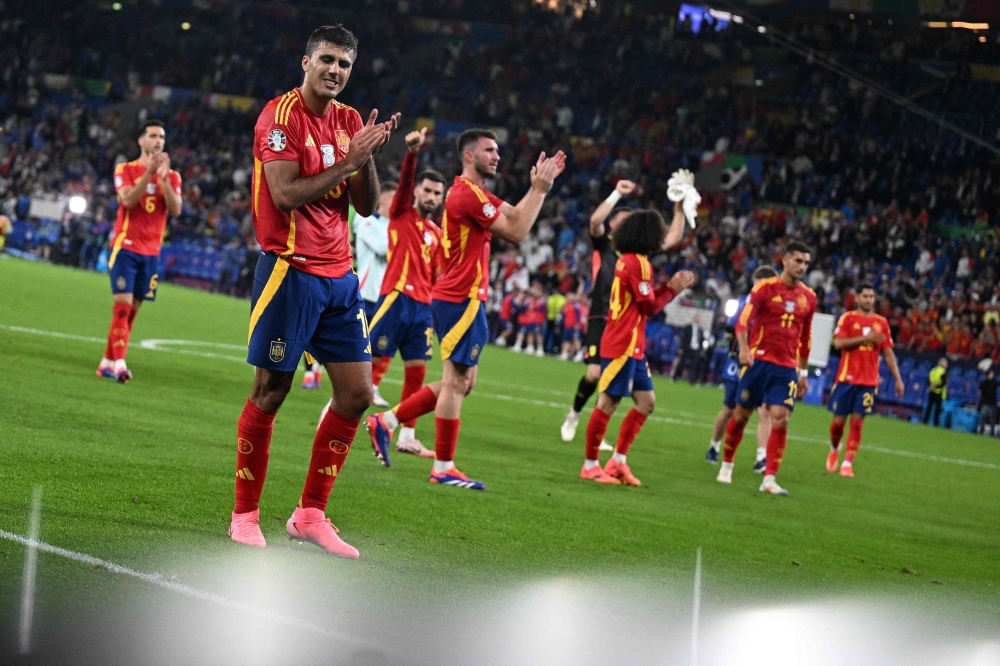
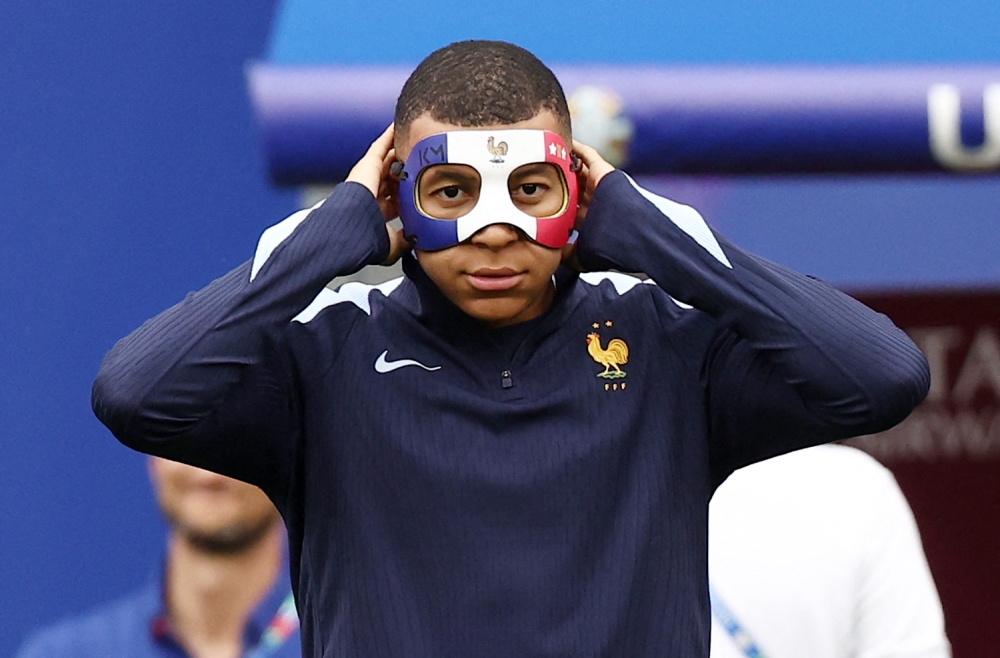
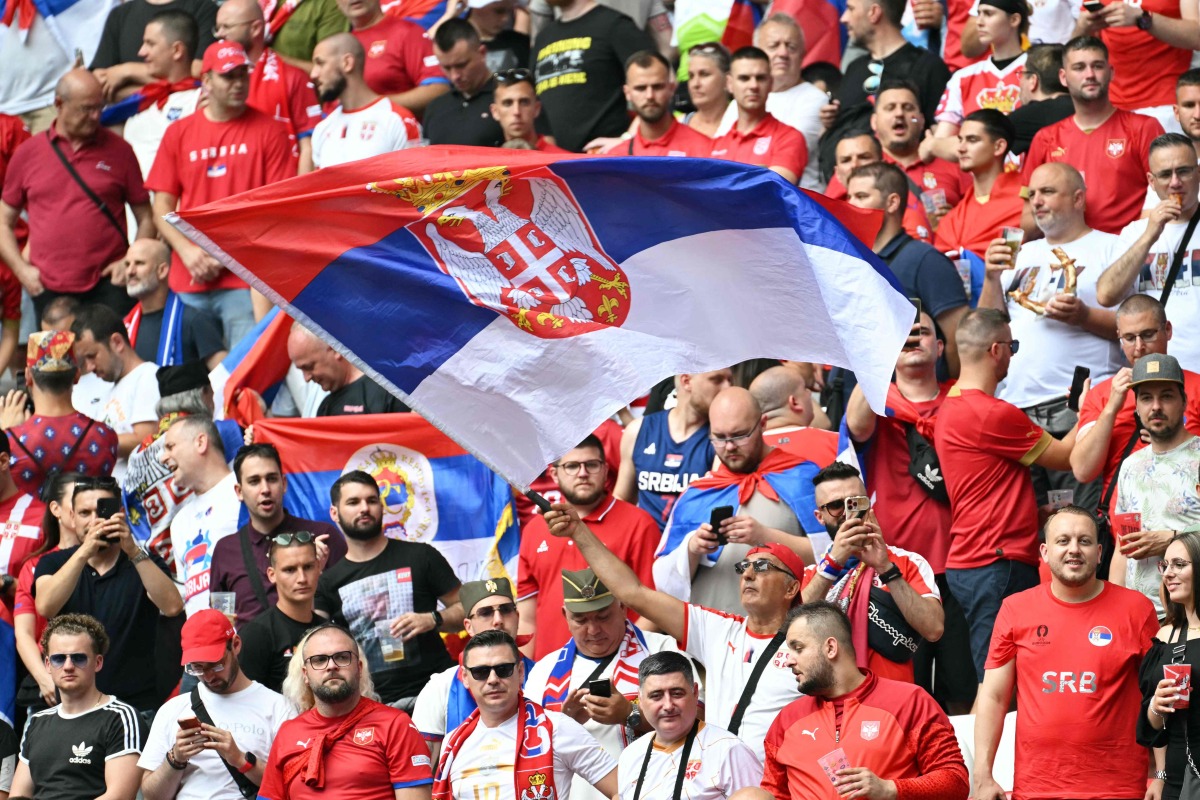
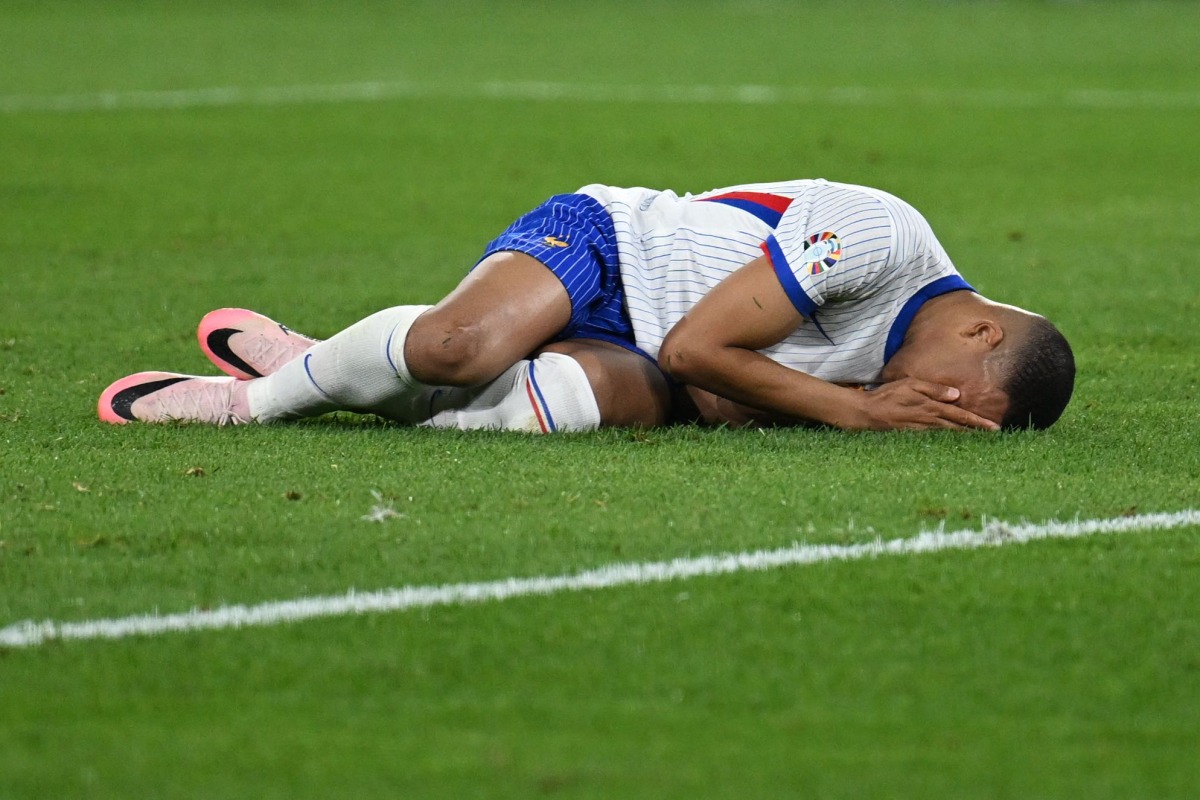




Leave a Reply